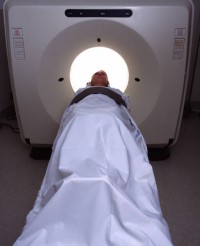
Navigating the ins and outs of Medicare coverage can be a challenge. Here’s what you need to know about this program and how it applies to screenings for early detection of cancer.
Do All Providers Accept Medicare?
• Participating doctors “accept assignments,” meaning they consider the amount received from Medicare along with your co-pay and deductible as payment in full, resulting in fewer out-of-pocket expenses.
• Non-participating doctors don’t always accept Medicare, so you have to pay out-of-pocket. Medicare will reimburse you for the portions they normally cover, but you still incur sizable expenses for the difference.
• Opt-out doctors don’t participate in Medicare at all, making you fully responsible for all charges.
Medicare Coverage for Cancer Screening
• Annual mammograms are covered for women aged 40 and older, while clinical breast exams (CBE) are covered every two years for women at average risk for breast cancer and once a year for those at high risk.
• Women at average risk for cervical cancer are covered for a Pap test and pelvis exam every two years, while women at high risk are covered annually.
• Colorectal screening is covered for people 50 and over based on risk factors and date of last test.
• For prostate screening, men over age 50 are covered 100 percent for an annual PSA blood test and 80 percent for a digital rectal exam (DRE).
• Lung cancer screening is covered once a year if you are between 55 and 77 and have a qualifying history of smoking.
State-of-the-Art Cancer Treatment at Issels®
Our personalized cancer treatment programs have helped many of our patients achieve long-term remission. Visit our website for more information.



